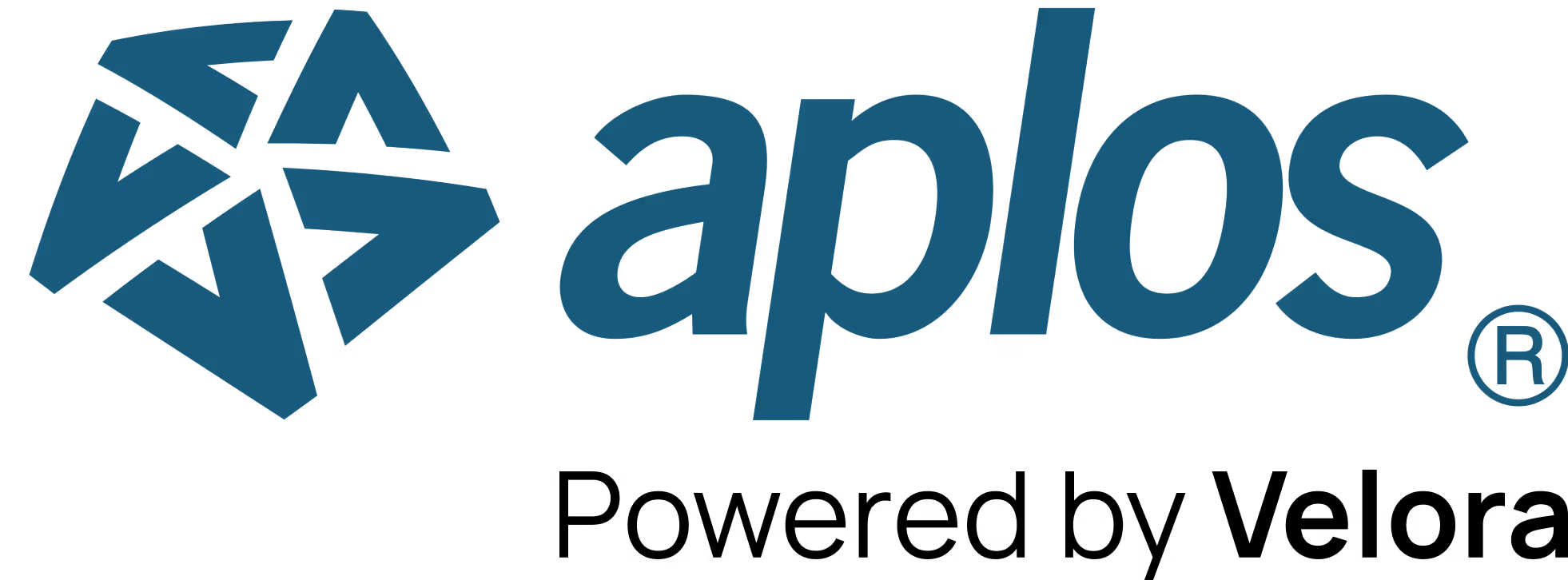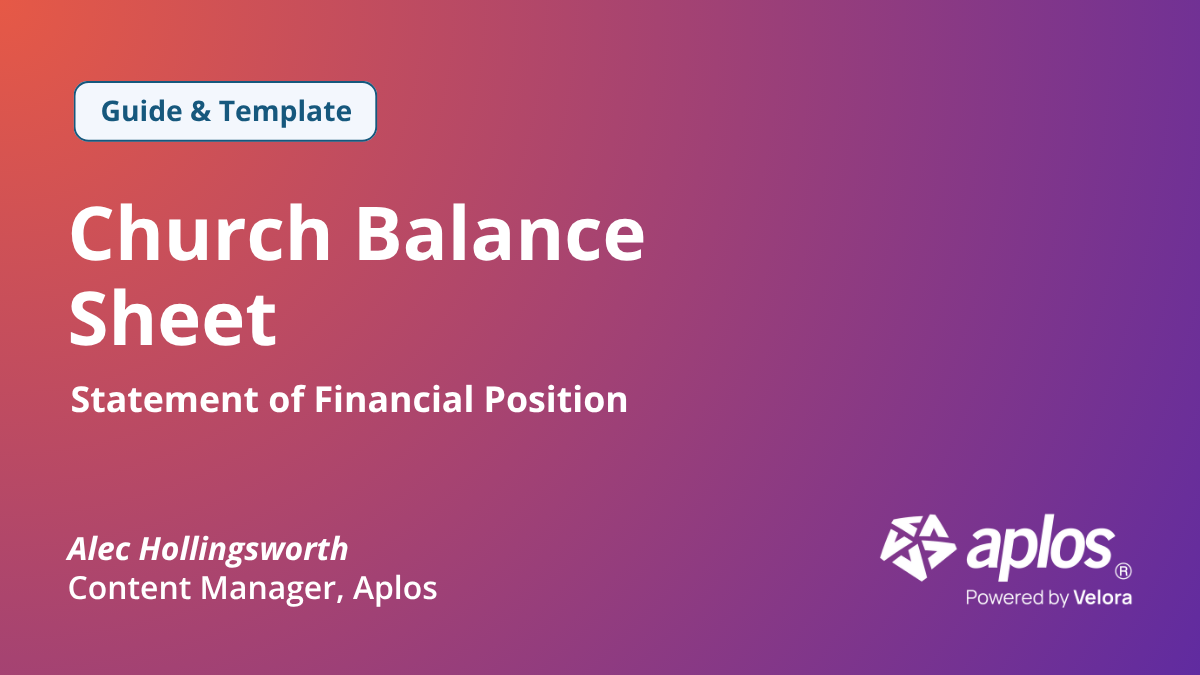
What Is a Parsonage?

Compensating your minister, pastor, or another religious professional for their housing is a common and accepted practice for income tax purposes. Historically, this was done by providing a "parsonage," a house owned by the church for its clergy.
The word parsonage comes from Old French and Medieval Latin, meaning “house for a person.” While early parsonages were often simple, they grew in stature with the church. Today, churches handle clergy housing in one of two ways: either by providing a physical parsonage or by offering a housing allowance as part of the minister's compensation.
Understanding the difference between these two approaches is essential for both church administrators and ministers.
See how Aplos can help your church operate more efficiently. Try it free for 15 days.
What is a Parsonage and What is a Housing Allowance?
What is a Parsonage?
A parsonage is a dwelling owned and maintained by the church, provided for the minister to live in, often conveniently located near the church. The value of living in a church-provided parsonage is not considered taxable income for the minister.
What is a Housing Allowance?
A housing allowance is a designated portion of a minister's total compensation intended to cover the costs of their own dwelling. While this allowance is exempt from federal income tax, it is not exempt from self-employment taxes (SECA). This means the full value of the allowance must be included as earnings when the minister calculates the Social Security and Medicare taxes they owe.

Function of Clergy Houses
Clergy houses serve multiple purposes that support both the personal and professional needs of clergy members. Primarily, they provide a residence for clergy, ensuring they have a home near the church to fulfill their pastoral duties conveniently. Beyond housing, clergy houses often function as extensions of the church, hosting small group meetings, counseling sessions, or other church-related activities. These spaces also symbolize the church’s commitment to caring for its leaders, offering a practical way to support their ministry while fostering a deeper connection to the church community.
Benefits of Each Approach
The two methods of providing for clergy housing offer different benefits.
Benefits of a Parsonage (for the Minister)
- Removes the financial burden of paying for rent or a mortgage.
- Eliminates responsibility for major home maintenance and property taxes, which are handled by the church.
- Provides a home in close proximity to the church community.
Benefits of a Housing Allowance (for the Minister)
- Allows the minister to own their own home and build personal equity.
- Provides freedom to choose a home's location, size, and style.
- Offers a significant tax advantage by excluding the allowance from income tax.
For churches, offering a competitive housing allowance can be a key factor in attracting new clergy, especially in areas with high housing costs.

What Expenses Can a Housing Allowance Cover?
To enjoy the income tax exemption, a minister must use their housing allowance on legitimate expenses related to maintaining their primary residence.
These expenses include:
- Mortgage or rent payments
- Property taxes and homeowner's insurance
- Utilities (gas, electricity, water, trash, etc.)
- Repairs and maintenance
- Furnishings, appliances, and home decor
A minister can also use the allowance to make payments on a home equity loan for their primary residence, provided the loan was used for permitted purposes like remodeling. The housing allowance applies only to a minister’s primary residence and cannot be used for a vacation home or investment property.
Assistance With Your Church Accounting
Tackling the bookkeeping for your church can be extremely overwhelming and time-consuming, especially if you are not an accountant.
Fortunately, Aplos offers a church accounting solution that was specifically created to reduce the stress of regular bookkeeping while increasing the efficiency of your ministry. Over 40,000 churches and nonprofits trust Aplos to simplify their finances.
This article is not meant to be a substitute for professional services. Always consult a CPA or trusted professional when seeking tax or accounting advice.
Frequently Asked Questions
What is the difference between a parsonage and a housing allowance?
A parsonage is a home owned by the church and provided to a minister. A housing allowance is money designated from a minister's salary for them to use on their own housing expenses, whether they rent or own.
How does a church officially designate a housing allowance?
The church board must officially designate the allowance in writing before the start of the year it covers. This formal action should be recorded in the meeting minutes and cannot be applied retroactively.
Is the housing allowance completely tax-free?
The housing allowance is exempt from income tax but is not exempt from self-employment tax (SECA). Ministers must still pay Social Security and Medicare taxes on the full allowance amount.
How much of the allowance is actually tax-exempt?
The amount a minister can exclude from income tax is limited to the lowest of three figures: the allowance designated by the church, the minister's actual housing expenses, or the home's fair rental value.
What happens if the housing allowance isn't fully used?
Any portion of the housing allowance that exceeds the minister's actual, documented housing expenses for the year must be reported as taxable income on their tax return.

Our comprehensive closeout services start at $399 per month that needs to be reconciled. Sign up before Jan 1st and pay just $199.50 per month!
Copyright © 2025 Aplos Software, LLC. All rights reserved.
Aplos partners with Stripe Payments Company for money transmission services and account services with funds held at Fifth Third Bank N.A., Member FDIC.
Copyright © 2024 Aplos Software, LLC. All rights reserved.
Aplos partners with Stripe Payments Company for money transmission services and account services with funds held at Fifth Third Bank N.A., Member FDIC.



.png)



